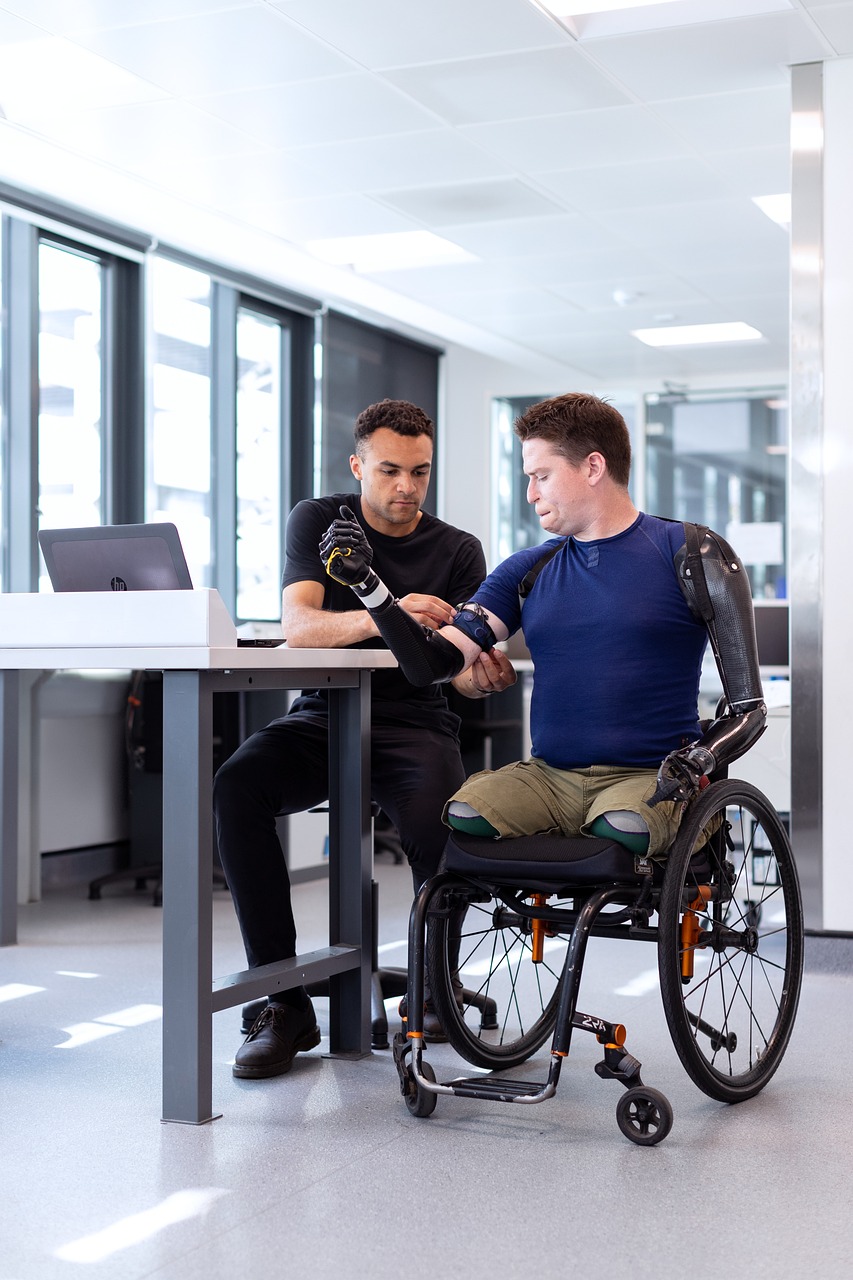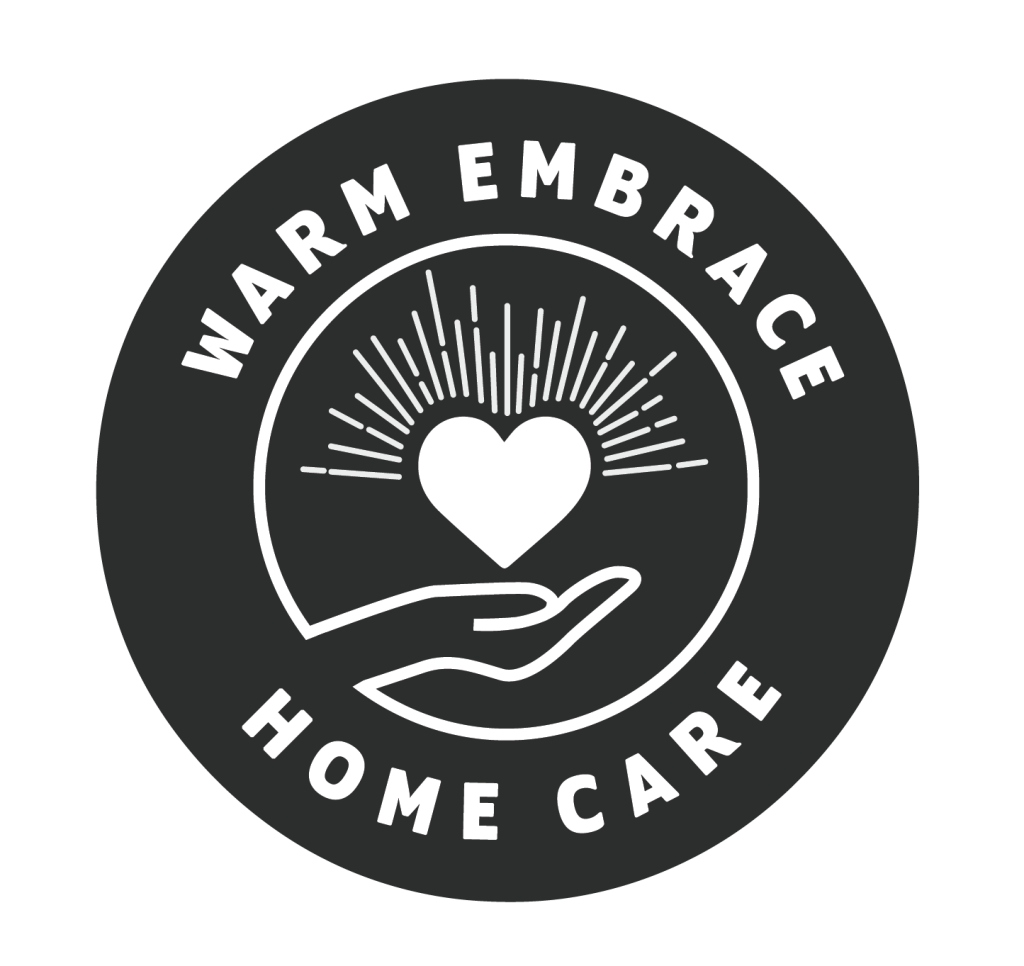Caring Hearts, Compassionate Hands

Where Compassion Guides Every Embrace
Personalized in-home care for seniors and individuals with disabilities is a specialized service that focuses on meeting the unique needs and preferences of each individual in the comfort of their own home. This type of care is tailored to address the specific challenges and requirements of seniors and individuals with disabilities, allowing them to maintain their independence and quality of life.
Here are some key aspects of personalized in-home care:
Here are some key aspects of personalized in-home care:
Personalized in-home care for seniors and individuals with disabilities is a specialized service that focuses on meeting the unique needs and preferences of each individual in the comfort of their own home. This type of care is tailored to address the specific challenges and requirements of seniors and individuals with disabilities, allowing them to maintain their independence and quality of life.
Customized Care Plans: Caregivers work closely with clients and their families to create personalized care plans that address individual needs, preferences, and goals. These plans are flexible and can be adjusted as the individual’s needs change over time.
Assistance with Daily Activities: Caregivers provide support with activities of daily living, such as bathing, dressing, grooming, meal preparation, and mobility assistance. They ensure that clients can maintain their daily routines and live comfortably at home.
Medication Management: Caregivers help clients with medication reminders, ensuring that medications are taken on time and in the correct dosage. They may also assist with medication organization and communication with healthcare providers.
Companionship: In addition to physical care, caregivers offer companionship and emotional support to combat feelings of loneliness and isolation. They engage clients in meaningful activities, conversations, and social interactions to promote mental well-being.
Safety and Monitoring: Caregivers ensure the safety of clients by monitoring their well-being, identifying any potential risks or changes in health, and taking proactive measures to prevent accidents or emergencies.
Specialized Care: For individuals with specific conditions such as Alzheimer’s, dementia, or disabilities, caregivers receive specialized training to provide appropriate care and support tailored to the unique challenges of these conditions.
Promoting Independence: The primary goal of personalized in-home care is to promote independence and autonomy for seniors and individuals with disabilities. Caregivers empower clients to maintain control over their lives while offering the necessary support to enhance their quality of life.
Empathy in Every Action, Compassion in Every Moment
- Compassionate Care: Compassionate care is a form of care-giving that emphasizes empathy, kindness, and understanding in providing support to individuals in need. It involves not only addressing the physical needs of the person but also attending to their emotional well-being. Compassionate caregivers strive to create a warm and nurturing environment where individuals feel valued, respected, and cared for. They listen attentively, offer emotional support, and show genuine concern for the individual’s comfort and happiness. Compassionate care goes beyond the tasks of care-giving; it involves building meaningful relationships, fostering trust, and treating each person with dignity and compassion.
- Independent Living: Independent living refers to the ability of individuals to live on their own terms, making their own choices and decisions while maintaining a sense of autonomy and self-sufficiency. For seniors and individuals with disabilities, independent living may involve living in their own homes or in a community setting where they have the freedom to manage their daily activities and lifestyle. Independent living promotes self-reliance, empowerment, and personal freedom. It often includes access to support services, such as home care assistance, transportation, and social activities, to help individuals maintain their independence while ensuring their safety and well-being. The goal of independent living is to enable individuals to lead fulfilling lives, engage in meaningful activities, and participate in their communities while retaining control over their own lives.

